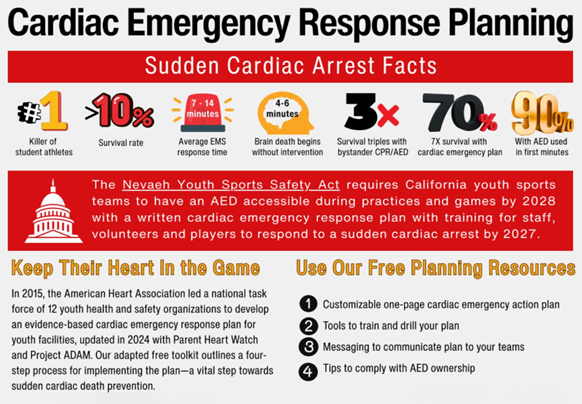Upcoming Local Events
Long Beach City College State of the College

January 29, 2026 l 4:00 P.M.
Bob and Barbara Ellis Auditorium 4901 E. Carson Street, Long Beach, CA 90808
Reservations are required. For more information, please visit the event website here.
2nd Annual Legacy, Unity & Love Black Future Celebration

February 14, 2026 l 2:00 - 7:00 PM
DTLB Promenade, Long Beach, CA
For more information, please visit the event website here.
44th Annual Avalon Harbor Underwater Cleanup
February 21, 2026 l 6:00 AM-5:00 PM
Various Locations
For more information, please visit the event website here.
LAUSD Immigration Preparedness Resources
LAUSD has compiled a collection of resources for LAUSD families and their parents in light of heightened immigration enforcement activity around our neighborhoods and schools. To access resources such as family preparedness plans, family resources guides, Know Your Rights cards, mental health resources, virtual academy and more, please follow the link here.
Delete Request and Opt-Out Platform (DROP)
Californians now have a simple way to limit how their personal information is collected and sold online. The Delete Request and Opt-Out Platform (DROP) is a new, free state-run tool that allows California residents to request that data brokers delete their personal information and stop selling it. DROP helps reduce unwanted spam, scams, and privacy risks by giving you more control over your data. Get started here.
Red Cross Blood Shortage - Donate!
There is a critical blood shortage across the country, and hospitals are being forced to triage lifesaving blood supplies during one of the worst flu seasons in years. Winter storms are disrupting blood drives nationwide, making donations from our community more important than ever, especially for O, A-negative, and B-negative blood types. To find out where you can donate, click here. One donation can save multiple lives. Please consider donating if you’re able.
Small Business Resources
With the 2026 World Cup, 2027 Super Bowl, and 2028 Olympic and Paralympic Games coming to Los Angeles County, it’s important your business is ready to tap into the exciting opportunities ahead!
ProcureLA is a program that helps get small businesses ready to successfully secure contracts by offering free services and resources. For more information on ProcureLA services and programming, click here. Small businesses can also express their interest in LA28 contract opportunities here, and with the City of Long Beach here.
The 2026 LA2050 Grants Challenge is Open
The 2026 LA2050 Grants Challenge is an open call for ideas that will make LA County a better place to live, learn, and create. It allows LA County residents to vote on which initiatives should receive awards. Part 1 of the application process, Organization Screening, is open from January 26-April 22. Organizations selected in Part 1 will be invited to submit a funding proposal for Part 2 of the application process beginning on April 29. Learn more about the LA2050 Grants Challenge here.
Cardiac Emergency Preparation for Youth Sports Teams

To protect our young athletes, California youth sports organizations are now implementing Cardiac Emergency Response Plans (CERPs) to prepare for Sudden Cardiac Arrest (SCA) incidents. For more information, click here.
Lakewood Beautiful Program Returns
The City of Lakewood is once again celebrating Lakewood residents who go above and beyond to keep their homes beautiful. To nominate a neighbor, please click here. Nominations are due by March 20, 2026
